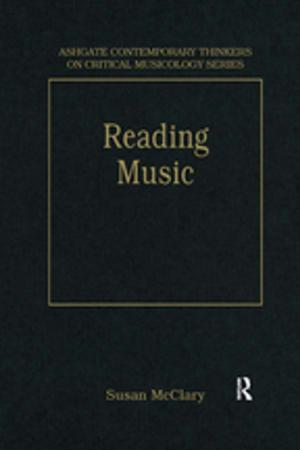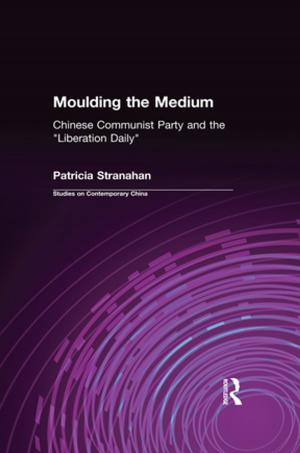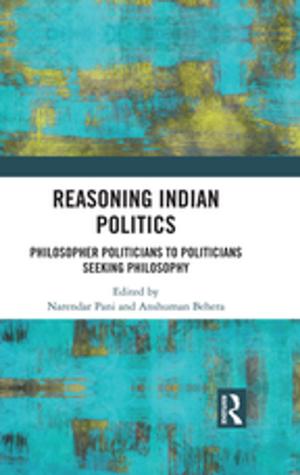Shame and the Anti-Feminist Backlash
Britain, Ireland and Australia, 1890-1920
Nonfiction, Social & Cultural Studies, Social Science, Gender Studies, Feminism & Feminist Theory, Women&| Author: | Sharon Crozier-De Rosa | ISBN: | 9781136200731 |
| Publisher: | Taylor and Francis | Publication: | November 28, 2017 |
| Imprint: | Routledge | Language: | English |
| Author: | Sharon Crozier-De Rosa |
| ISBN: | 9781136200731 |
| Publisher: | Taylor and Francis |
| Publication: | November 28, 2017 |
| Imprint: | Routledge |
| Language: | English |
Shame and the Anti-Feminist Backlash examines how women opposed to the feminist campaign for the vote in early twentieth-century Britain, Ireland, and Australia used shame as a political tool. It demonstrates just how proficient women were in employing a diverse vocabulary of emotions – drawing on concepts like embarrassment, humiliation, honour, courage, and chivalry – in the attempt to achieve their political goals. It looks at how far nationalist contexts informed each gendered emotional community at a time when British imperial networks were under extreme duress. The book presents a unique history of gender and shame which demonstrates just how versatile and ever-present this social emotion was in the feminist politics of the British Empire in the early decades of the twentieth century. It employs a fascinating new thematic lens to histories of anti-feminist/feminist entanglements by tracing national and transnational uses of emotions by women to police their own political communities. It also challenges the common notion that shame had little place in a modernizing world by revealing how far groups of patriotic womanhood, globally, deployed shame to combat the effects of feminist activism.
Shame and the Anti-Feminist Backlash examines how women opposed to the feminist campaign for the vote in early twentieth-century Britain, Ireland, and Australia used shame as a political tool. It demonstrates just how proficient women were in employing a diverse vocabulary of emotions – drawing on concepts like embarrassment, humiliation, honour, courage, and chivalry – in the attempt to achieve their political goals. It looks at how far nationalist contexts informed each gendered emotional community at a time when British imperial networks were under extreme duress. The book presents a unique history of gender and shame which demonstrates just how versatile and ever-present this social emotion was in the feminist politics of the British Empire in the early decades of the twentieth century. It employs a fascinating new thematic lens to histories of anti-feminist/feminist entanglements by tracing national and transnational uses of emotions by women to police their own political communities. It also challenges the common notion that shame had little place in a modernizing world by revealing how far groups of patriotic womanhood, globally, deployed shame to combat the effects of feminist activism.















